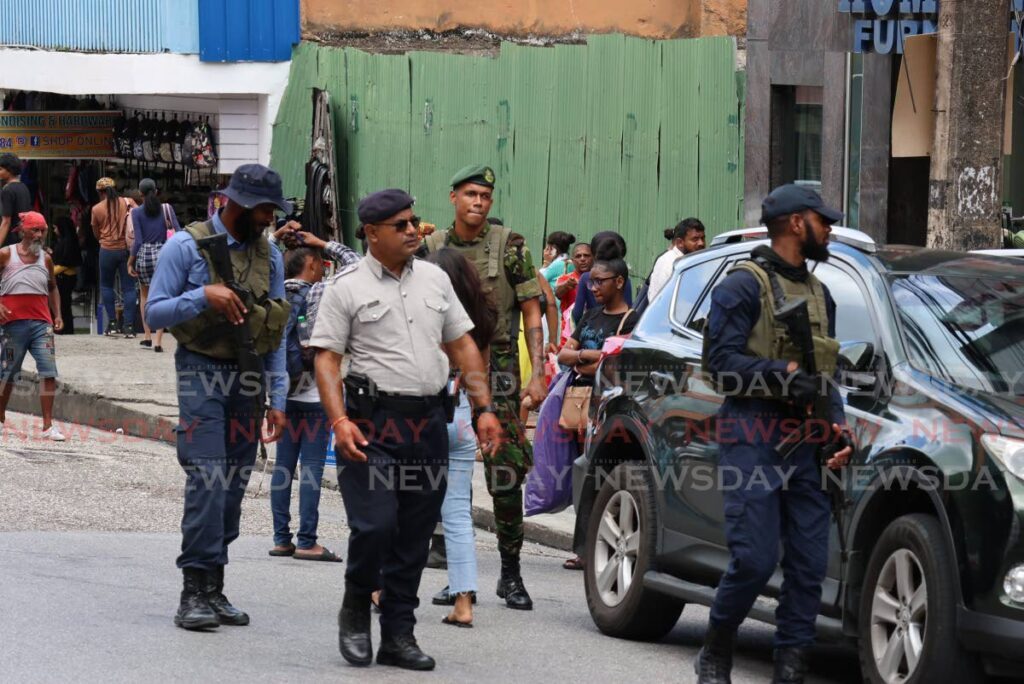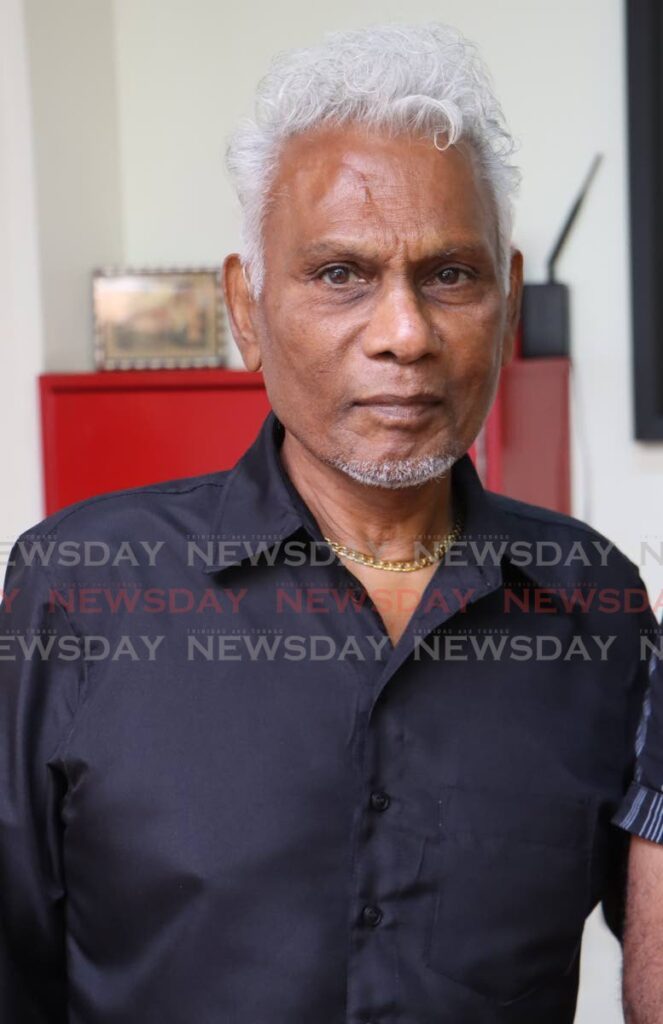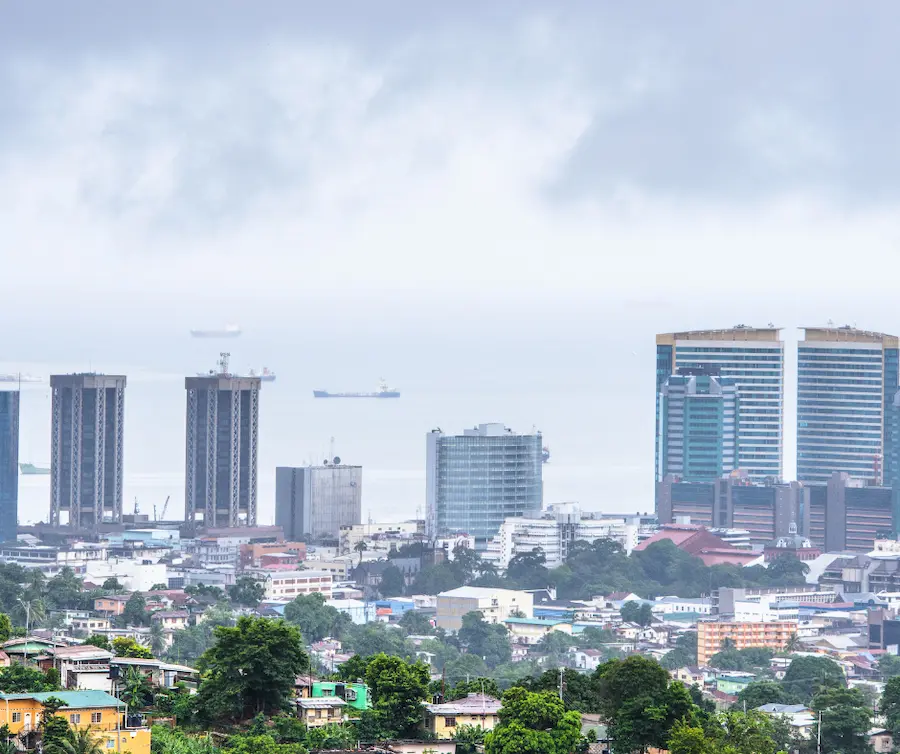
State of emergency declared in TT

ATTORNEY Israel Khan, SC, head of the Criminal Bar Association, has said the Government should have let the police move stealthily against criminals before publicly declaring a state of emergency (SoE), but had instead tipped off the miscreants, who could now easily hide their illegal firearms.
He spoke to Newsday on December 31, the day after acting Attorney General Stuart Young and Minister of National Security Fitzgerald Hinds announced the SoE at a briefing.
Khan said the Government should have advised President Christine Kangaloo to sign the SoE declaration and put the regulations in place, allow the police to act to try to seize guns from criminals, and only then announce the SoE to the general public. Otherwise, Khan said an SoE was long overdue, as his association had been lobbying.
He dismissed the Government's justification of the SoE – the mass killing of five people at Prizgar Lands, Laventille and an expectation of retaliation using high-powered weapons – saying mass shootings of four or five victims have happened before, but without any official action. Khan attributed the SoE to 2025's being an election year.
He reckoned the Government would cancel Carnival, although this had been denied at the briefing held by Young and Hinds.
>
Khan viewed the Prime Minister as inept and incompetent.
Newsday examined the regulations and said they seemed to empower the Commissioner of Police (CoP) to impose a curfew at will, but Khan somewhat disagreed.
Section 4 (1) says, "Until Orders made by the President under regulation 3 otherwise provide, the Commissioner of Police (CoP) is hereby authorised to exercise the following powers...(c) to prohibit any person from being out of doors between such hours as may be specified, except under the authority of a written permit granted by such authority or person as may be specified."
Khan said the CoP could only act to impose a curfew under the issuance of a presidential order.
Newsday asked if the regulations established a gun amnesty. Khan replied with a qualified "yes."
Section 11 says, "No person who surrenders any firearm, ammunition or explosive during any period that is prescribed, and otherwise in accordance with an Order to surrender, shall be prosecuted under the Firearms Act or regulation for illegally purchasing, acquiring or possessing such firearm, ammunition or explosive prior to the time of such surrender or at that time."
Khan said a gun amnesty would exist only if an order is issued by the CoP. He said it would not be any case that a criminal who believed the police were heading in his direction could just walk into any police station and surrender his high-powered weapon (unless an order was in place first).
Newsday asked if the act clamped down on the voices of political activists.
The regulations in section 14 say, "Notwithstanding any rule of law to the contrary, a police officer may arrest without warrant any person whom he suspects has acted or is acting or is about to act in a manner prejudicial to public safety or to public order."
>
Khan said the regulations had suspended the right to freedom of expression regarding remarks which were prejudicial to public safety/order. By way of example, he said if anyone espoused the removal of the Prime Minister "by any means necessary" and then ventured to add that this might include violent means, that statement would violate the regulation.
He questioned the role of members of the defence force in the SoE, both as individuals and as a collective.
Section 20(2) said defence force members would get the powers of a police officer.
Khan feared the regulation gave police powers to soldiers who were "not properly trained" in that area, and felt it was better to pair a police officer and a soldier.
On a larger scale, he said the regulation puts TT "on the periphery of having an army state" for the period of the SoE, violating the Constitution.
"If this happens for six months or a year, these are the conditions for the army to take over in a coup d'etat. It could give the army an opportunity to overthrow the Government."
He said the SoE could facilitate a "vicious army commander" who wished to try to overthrow the Government, as in 1970.
"It is a dangerous situation we are in, because the Government is so inept they cannot govern properly."
Viewing the other end of the spectrum, Khan suggested, "They have created a situation where another Abu Bakr could emerge." Bakr was the leader of the 1990 coup attempt.
>
In conclusion, Khan said the SoE was late and he feared it would not work.
He challenged the Government to publicly state within a few days' time exactly how many firearms had been seized as a result of the SoE. He did not think the regulations made any reference to fireworks, albeit these devices are partially governed by the Explosives Act, which the regulation do in fact refer to.



